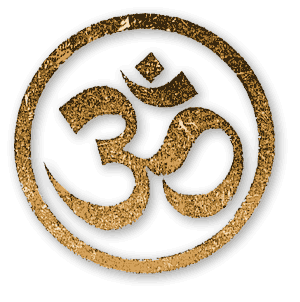When you're not eating is as important as when you are...
No discussion about health, fitness, or metabolism is complete in my opinion until we talk about fasting. The tradition of fasting on holy days, to prepare for ceremonies, to gain spiritual knowledge, or to begin a rite of passage is centuries old. The ancient wisdom still holds true today - if you want to cure what ails you: be it weight issues, allergies, disease, or stress - try fasting as a miracle cure.
I began doing one day fasts about 9 years ago. Just a simple juice fast where for one day about every other week or so I would plug in the ol' juicer and drink only freshly juiced fruits and vegetables for the day. I got away from the habit for awhile and kind of forgot how good I felt after a fast. The reasons are simple: digestion takes a tremedous amount of energy to accomplish. The amount of processed food typically consumed means that it takes even more energy because we barely need chew processed foods so natural enzymes present in our saliva don't have much chance to work. Energy used digesting food is not being directed toward cellular waste removal, healing, and general maintenance. Remove the need for digestion for a day or two and your body can get a lot of work done that it has been "meaning to do" when it had time.
Frequently when I am feeling overwhelmed, sluggish, or suffering from a cold I remind myself that it must be time to fast. It's probably not a good idea to chomp down a cheeseburger for dinner and decide to fast the next day because that's a shock to your system and there can be side effects like headaches, irritability, and dizziness if you begin or end a fast abruptly. The best way I have found is to plan the day on which I will fast. The day before I begin the fast I have a smoothie for breakfast as usual, a salad of raw veggies for lunch and something simple like soup (a simple soup like vegetable or tomato, not a heavy soup like clam chowder or broccoli cheese) or another salad for dinner. The next day I begin the fast with fresh juice. All throughout the day whenever I feel hungry I drink more juice or water. My favorite juice is apple celery juice because it just feels clean which sounds weird I know, but try it and you'll see what I mean.
You could continue this way for a whole day or even 2 or 3 days but definitely no more than 3 days the first time. When you are ready to break the fast you eat the same or similar menu as you did the day before you began the fast: simple foods, mostly raw, with no dairy, very little fat, and definitely no animal products, including eggs. You may wish to continue the pre-fast diet for 2 or 3 days but it's not absolutely necessary.
Some studies show that fasting for just one to two days a month increases life expectancy, lowers disease risk, is an excellent weight management tool, and can help overcome weight loss plateaus. I am going to fast this Friday. It's a Holy Day in my religion, the official end of Lent (though I won't actually watch HGTV until Sunday, I promise), near the beginning of a new month and a new season.
What could be a better time to let my body rest and rejuvenate? How about you? Anyone ready to try a fast?



6 comments:
Can I drink liquor while I fast?
Maybe it's the massage therapist in me, but I don't think I'd try fasting. I eat healthily about 90% of the time and figure my liver and kidneys will do the rest. If it has worked for you for the past 9 years, it's definitely worth sticking to the plan.
Have a happy Easter!
SB, LOL! Absolutely, I mean wine is made with grapes, right?
SB, LOL! Absolutely, I mean wine is made with grapes, right?
Karen you are definitely right, your kidneys and liver are designed to efficiently rid your body of waste so keep feeding them the good stuff.
COOL! Sign this bitch up to fast!
Post a Comment